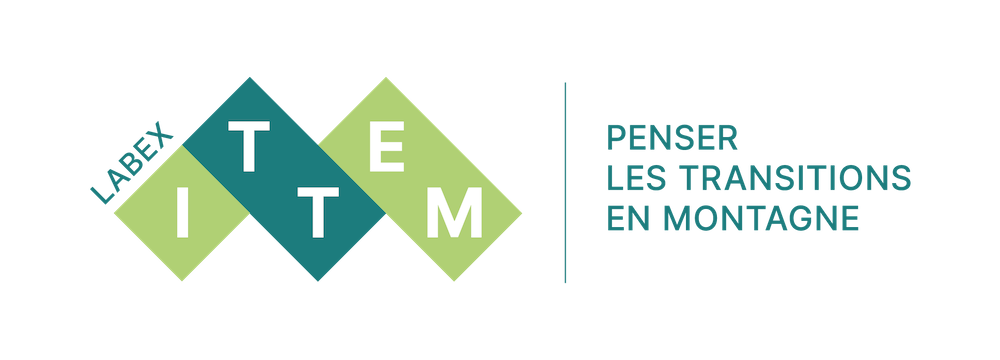The Wool-Processing Industry in an Era of Social Innovation. How Has the Situation Changed in the Massif Central (France)?
La filière laine à l’heure de l’innovation sociale. Quelles transformations dans le Massif central (France)?
Résumé
This article offers a comparative analysis of three socially innovative initiatives within the sheep’s wool processing sector in the Massif Central: Pôle Laine (département of Haute-Loire), Ardelaine (département of Ardèche) and Terre de Laine (département of Puy-de-Dôme). All three of these entities have successfully achieved a three-fold anchoring: anchoring within a region, anchoring within the wool processing industry and anchoring within social innovation networks. However they differ from each other in terms of the chronology of their subsequent implementation of these anchorings; being linked to the process of constructing innovative approaches, this was achieved at different stages and in a different order. But for all three centres, introducing systemic change was only possible after anchoring in all three areas had been achieved. Consequently, there is evidence that social innovation in the wool-processing industry is a response to the crisis within this weakened sector of the economy; it also serves to boost regional dynamism in struggling and land-locked mountainous areas. Lastly, we found that these three initiatives have resulted in a diversification that is not limited to the woollen industry alone; sectoral innovation has thus resulted in the emergence of full-blown regional projects.
Cet article propose une analyse comparative de trois initiatives porteuses d’innovation sociale dans la transformation de la laine ovine du Massif central : le Pôle Laine (Haute-Loire), Ardelaine (Ardèche) et Terre de Laine (Puy-de-Dôme). Ces trois entités ont pour point commun d’avoir fait aboutir un triple ancrage : ancrage dans les territoires, ancrage dans la filière de la transformation lainière, ancrage dans les réseaux de l’innovation sociale. Elles se distinguent en revanche par des chronologies différenciées dans la réalisation successive de ces ancrages, qui se sont arrimés au processus de construction des démarches d’innovation à des stades différents et dans un ordre différent. Mais pour les trois pôles, l’induction d’un changement systémique n’a pu se faire qu’à partir du moment où les trois ancrages ont été réalisés. Dès lors, il apparaît que l’innovation sociale dans la filière laine est une solution pour répondre à la crise d’un secteur économique fragilisé, mais aussi pour relancer une dynamique territoriale dans des espaces de montagne enclavés et en difficulté. Enfin, nous observons que les trois initiatives ont abouti à une diversification des activités au-delà de la seule filière laine, passant ainsi d’une innovation sectorielle à l’émergence de véritables projets de territoires.
| Origine | Publication financée par une institution |
|---|


